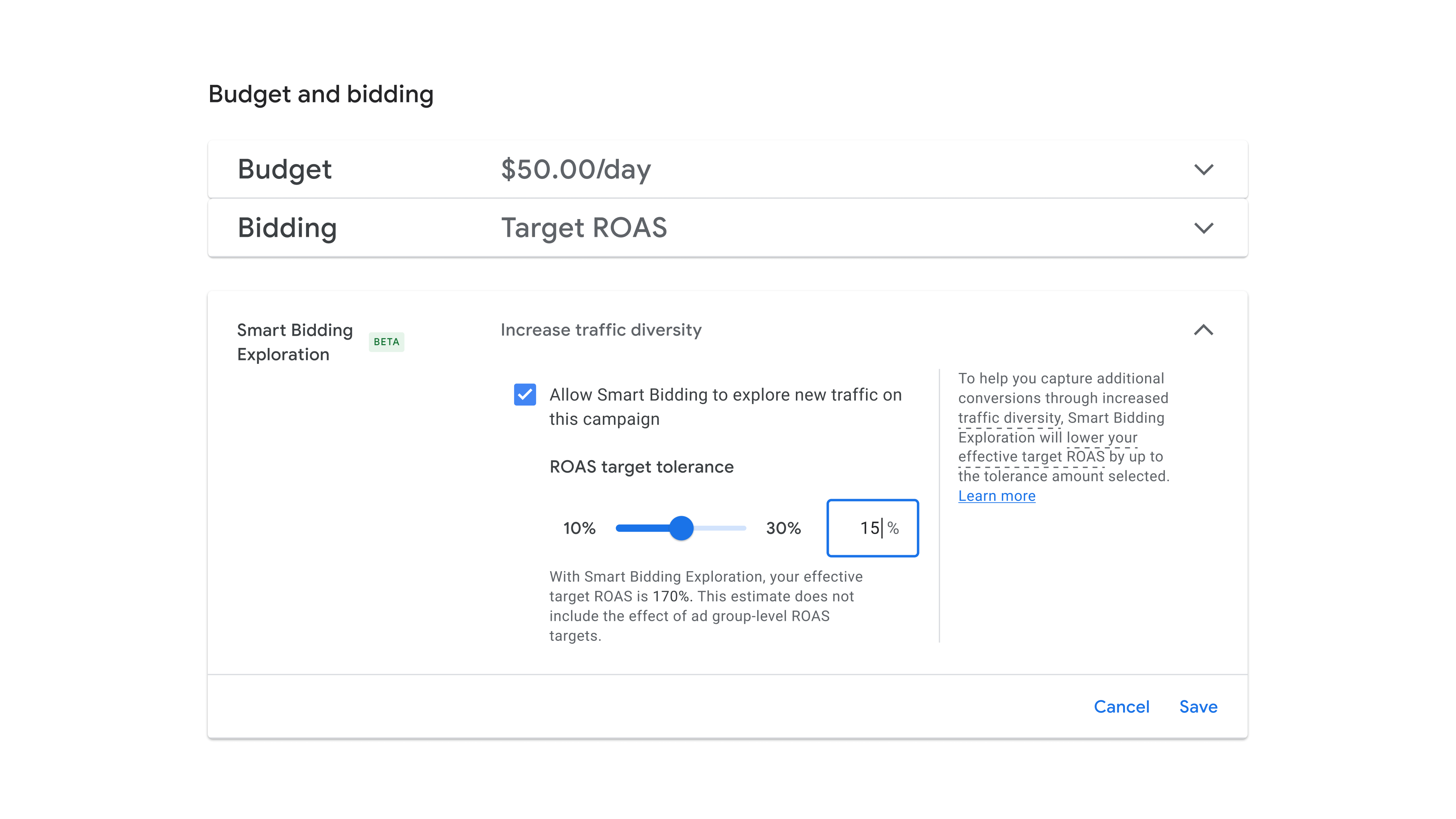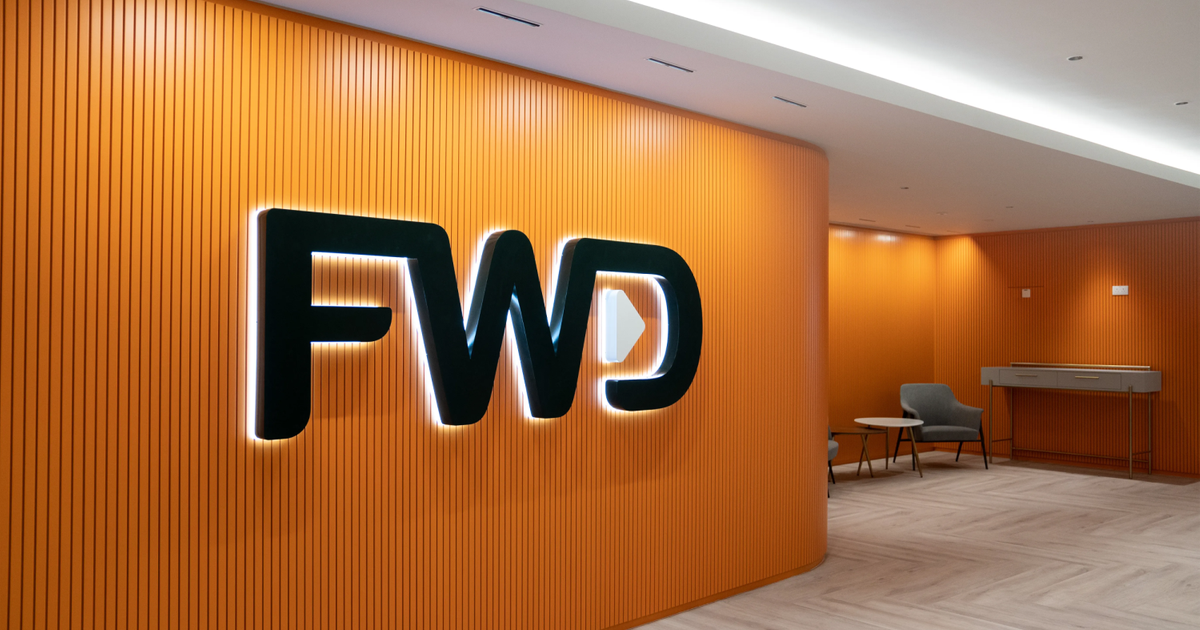5 ways brands are transforming the future of media
Marketers are developing content that reflects consumer interests—and sells in the real world.

Brands are rewriting the rules for where and how they interact in culture and, in doing so, are transforming the future of media.
Formula 1 has launched a documentary series on Netflix. Slack, ZipRecruiter and Shopify host their own podcasts. And brands including TD Bank and American Express have launched dedicated content platforms.
What’s behind this transformation? The evolving nature of today’s information landscape.
Americans’ confidence in television news, newspapers and government has fallen to an all-time low. And with an increasing volume of information available, access to trusted information is needed more than ever. With many consumers turning to business to lead, brands are joining the media ecosystem to develop content that reflects their interests—and sells in the real world.
Brands are by no means going to replace traditional media. They do, however, provide a valuable bridge to creating trust with consumers and elevating information to a massive audience.
Brand initiatives provide information to help customers and communities contextualize what’s happening in the world—while also carving out a clear role for brands in the media landscape. They are doing it by:
Embracing evolving consumer expectations
Consumers’ expectations have changed as their relationships with brands have become less transactional and more emotional and value-driven—necessitating authentic value exchange. People increasingly want businesses to be engaged in doing more, saying more and providing more resources for the people they serve.
Recognizing this shift, many brands have departed from the traditional marketing funnel-driven approach to embrace so-called “brand journalism”— a mix of multimedia approaches to content, education and storytelling.
Even legacy brands that came of age in the era of traditional marketing have adopted this approach. IBM, for example, has rolled out Watson Health, which draws on AI-enabled insights and the input of doctors to showcase the application of technology to healthcare.
Leveraging strong relationships with consumers
The Edelman trust barometer finds that businesses are trusted ahead of organizations, government and traditional media. And research suggests that major brands—including Nike, Colgate-Palmolive and Nestlé—are helping fill a cultural trust gap by building out content capabilities. Brand journalism is likely to strengthen the relationship between consumers and brands.
Unpacking complex topics
With subject matter experts who have deep knowledge and real-world experience relevant to their brand and culture, brands are uniquely positioned to take on complex topics. Many financial services providers, for instance, have tackled financial literacy, college savings, investment strategies and small business management with easy-to-understand and visually engaging content.
Investing management company WealthSimple, for example, has partnered with celebrities including Drake and Ryan Reynolds to start a conversation about everyday investment strategies. And American Express launched “business class”—a weekly newsletter dedicated to small businesses.
Using resources to amplify information
Brands that weathered the pandemic are using their financial resources to create and disseminate content. Project management technology platform Basecamp, for example, publishes books on related topics, including remote work and productivity, and even landed on The New York Times Best Sellers List with “ReWork.”
Oat drink company Oatly has championed healthy eating and environmentalism with a multipronged sustainability plan, a documentary on Michigan’s Oatly Lake and a puppet show series, “The New Norm & Al Show,” to educate children on nutrition.
Adding to the overall media landscape
The strength and value of mass media has historically come from the quantity and diversity of voices producing it. In a shrinking and consolidated media landscape, adding more voices can augment that diversity.
While journalism is necessary to preserve freedom of speech and democratic access to information, the fire hose for insights is no longer limited. Brands play a valuable role in today’s information ecosystem, and they have the power to leverage earned trust to educate and guide their audiences.

 Lynk
Lynk 































